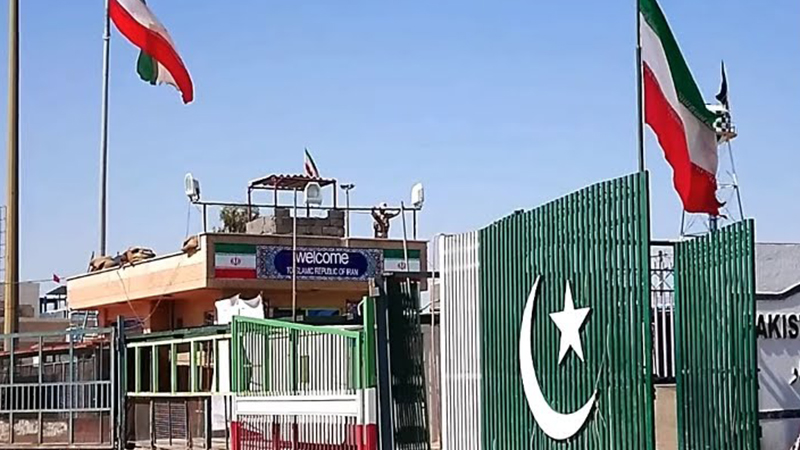Iran’s missile and drone strike in Pakistan’s Balochistan province on January 17, targeting militant group Jaish al Adl, was shocking not just in the light of fairly healthy bilateral relations but also because it chose to open another hostile front when it is already deeply involved in the fallout of the Gaza war in the Arab world. Jaish al Adl had made a habit of crossing the border and killing Iranian border guards for the better part of the last decade, no doubt, but Tehran must have factored in swift and effective Pakistani retaliation, which would adversely affect its other risky adventures.
It only needed to look as far back as early 2019, when Indian violation of Pakistani airspace provoked an immediate response from the Pakistani air force, which shot down two Indian Mig fighter aircraft and took one Indian pilot prisoner. The tit-for-tat response was meant to serve as a blueprint for the Pakistani military’s code of conduct in hostile, provocative circumstances.
Besides, Islamabad has continuously mirrored Tehran’s concerns and complained about Pakistani militants entrenched on the Iranian side of the border. Those terrorists have regularly stirred unrest on the Pakistani side, including sectarian killings, sabotaging gas pipelines, and attacks on Chinese workers linked to the landmark CPEC (China Pakistan Economic Corridor) project.
Now, the precedent of a limited strike inside Iran could become a game changer in the boiling Gaza conflict, giving new ideas to American and Israeli militaries who have long been contemplating similar adventures of their own. Indeed, with the Americans and British bombing Iran-backed Houthi rocket sites in Yemen, in response to the disruption in the Red Sea, the prospect of active engagement with Iran has suddenly become much more real.
There is no chance of Islamabad not replying in kind. It promptly downgraded the diplomatic relationship with Iran, recalling its ambassador from Tehran and stopping theirs from returning “for the time being”, and clearly communicating its “right to retaliate” before doing exactly that. Ongoing joint naval exercises, unprecedented trade talks, and all future programmes have also been shut down.
Still, it’s not as if the two sides do not understand each other’s concerns. They face, and have exchanged warnings and threats about, the same cross-border problem. And Pakistan is in a similar fix with Afghanistan, which refuses to check regular TTP (Tehreek e Taliban Pakistan) incursions into Pakistan. The Taliban promised to crack down on TTP before they came to power, during US withdrawal negotiations in Doha which Pakistan facilitated. Yet they looked the other way as TTP resumed its insurgency after the fall of the Ashraf Ghani government in Kabul. And after exhausting all diplomatic options, Islamabad has finally threatened “decisive action” of its own, without explaining it in detail, to deal with this particular threat.
Tehran’s misadventure has also triggered feverish chatter about a possible breakdown of the command structure in the Islamic Republic – if the Revolutionary Guard has sidestepped the regular chain of command and taken matters into its own hands. The hit inside Pakistan came a day after Iranian strikes in Syria, allegedly against an IS (Islamic State) camp, and in Iraq, allegedly against an Israeli intelligence hideout. And Pakistan’s retaliation has put Iran on the back foot on all fronts, exposing its tactics as a potentially costly miscalculation.
Having put its cards on the table as well, Islamabad now seems to be rightly counting on Tehran to begin a quick diplomatic de-escalation. If it apologises and initiates a rapprochement, it will be possible for both sides to find a silver lining on this dark cloud. They both suffer from the same problem – including inadequate action from the other side – and face more or less the same enemy in the form of insurgents/terrorists that led to this ugly, unnecessary confrontation.
Since both countries have enough problems to deal with, they must immediately return to the table and cleanse their respective border areas of all irritants. For them to fight over this will only play into the terrorists’ hands. They must, instead, work, trade and fight terrorists together.
But now that will only be possible if Iran takes the first right step in that direction.


Leave a Reply